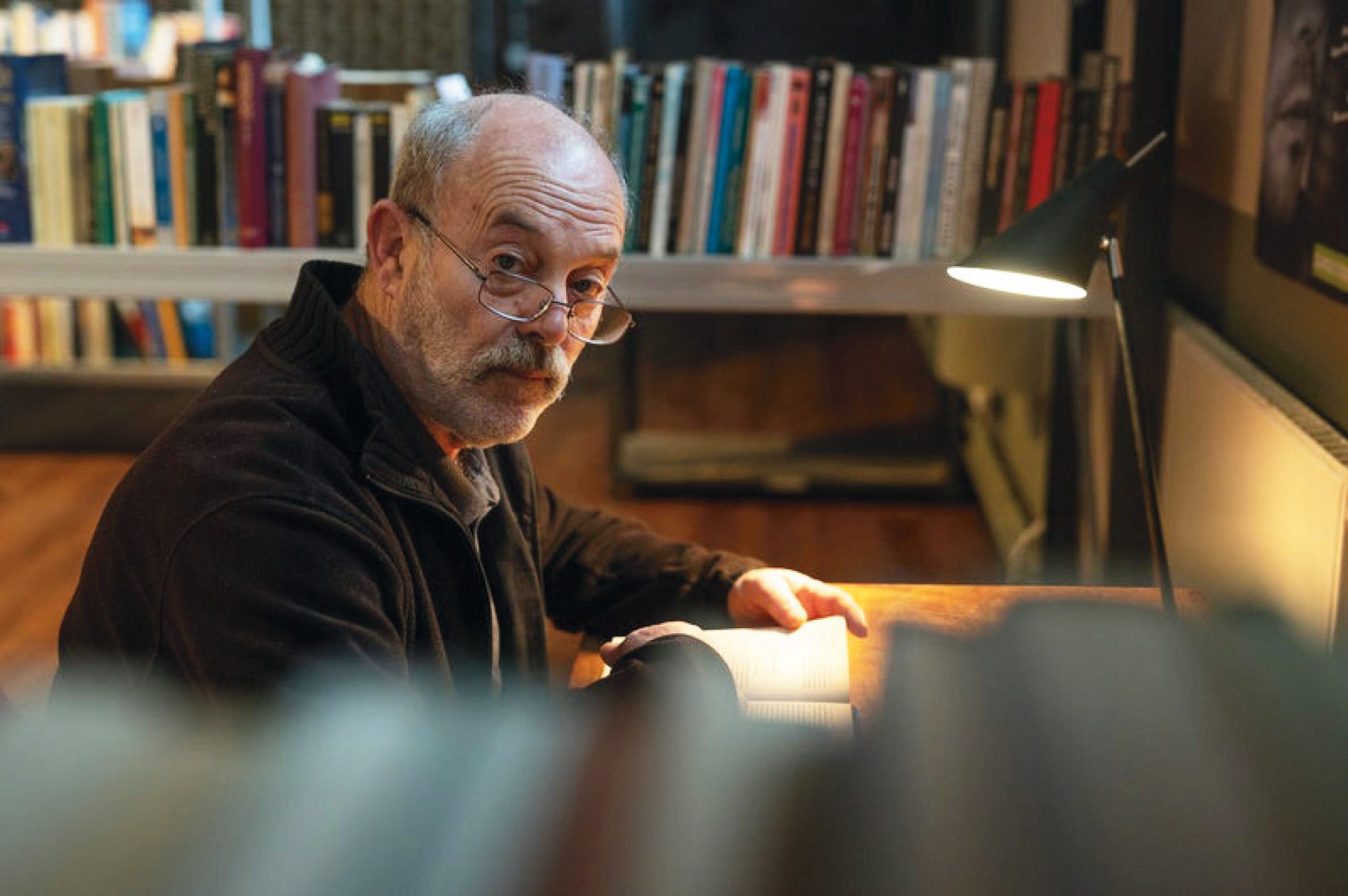
True crime can be so cheap: voyeuristic, cruel and ultimately futile. Some things are beyond comprehension, no matter what those involved might say about the need for understanding (we all know they’re really only in the business of entertainment). But still, such shows keep coming – possibly because people keep watching them. Last year brought us dramas about Jeremy Bamber and Dennis Nilsen. This spring, Olivia Colman will play Susan Edwards, who, with her husband, murdered her parents and buried their bodies in their Mansfield garden; and Stephen Merchant will take on the role of Stephen Port, who drugged, raped and killed four men in east London between 2014 and 2015.
This isn’t to say, however, that such things can’t be done well. The Pembrokeshire Murders looked again (there have already been several documentaries) at how John Cooper eventually came to be charged with the murders of brother and sister Richard and Helen Thomas near Milford Haven in 1985, and of Peter and Gwenda Dixon, a married couple who were shot dead as they walked on the Pembrokeshire coastal path in 1989. It’s a story not of derring-do, but of meticulousness and hard work: Cooper wasn’t arrested for these crimes until 2009, by which time improvements in forensic science meant new DNA evidence could be found on some of the 3,000 items police had in storage – and I think the care and determination involved rubbed off on the show’s writer, Nick Stevens. Here was a drama that seemed more interested in justice than in motivation, in reparation than in easy thrills. Its excitements lay not in revisiting Cooper’s inexplicably horrible crimes, but in building a case, bit by bit, against the clock (in 2009, he was coming up for parole – which was granted – having served a long prison sentence for robbery).
Luke Evans plays DCS Steve Wilkins, the officer leading the cold case. Evans has a face, strong and kind, that’s built for compassion, and a voice – a mellifluous, Monmouthshire rumble – that makes instant poetry of everything (he says, “Oh, shit” and it sounds like he might be about to recite a psalm). His character has returned to Wales, where his ex-wife and children still live, after time away in London, a semi-isolation that was signalled by what should have been a series of clichés – a single cup returned to a wooden mug tree; the mournful bleep of a late-night microwave – but which seemed just right set against his determined jaw and freshly ironed shirts. He was ready, you felt: a preparedness that would find its full expression in an unfaltering approach to the dozens of cardboard boxes whose unpromising contents he had now to re-examine.
[see also: The childish, cartoony smut of The Great]
But (and here are words I never expected to write) it was Keith Allen who stole the show as Cooper. When the series begins, Cooper is just another old lag: a shuffling pensioner, pathetically hoping for a parole he knows he does not really deserve. His reading glasses sit lopsidedly on his nose. He never misses Wales Tonight, craning his wattled neck to stare at the screen bolted high on his cell wall. Inside, though, the old bomb is still ticking. He is controlling, and arrogant. “Can you make more effort next time?” he asks his wife on visiting day, his eyes flitting to the next table, where a younger prisoner is greeting his girlfriend. “You look like an old woman.” Allen’s achievement is to make his character seem at once terrifying and feeble – and in doing so to slyly suggest the connection between the two.
Cooper famously appeared on Bullseye, the darts game show, four weeks before he shot the Dixons, and it’s the image of his younger self with presenter Jim Bowen that stays with you (as, apparently, it stayed with Allen): the mullet, the bravado, the weird neediness that always rises from contestants on such programmes. I will never not find it slightly incredible that a man who’d already murdered two people, and would shortly kill again, elbowed his way into that semi-macho realm of pub bonhomie and crummy consolation prizes – though, as a former barmaid in a certain kind of boozer, it’s still not perhaps quite so amazing to me as it must be to some.
The Pembrokeshire Murders
ITV
This article appears in the 13 Jan 2021 issue of the New Statesman, American civil war






